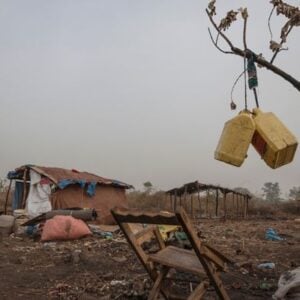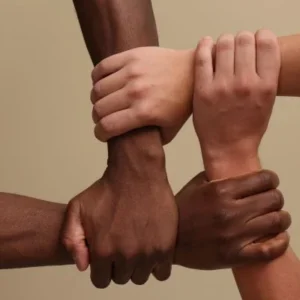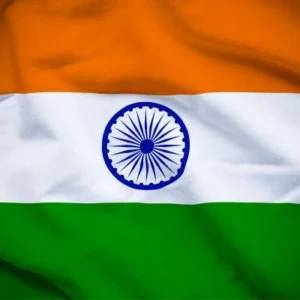As Gaza endures nearly two years of conflict, with the latest Israeli ground offensive in the north, global attention is turning to the United Nations. On September 22, world leaders will convene at UN Headquarters in New York for a summit, sponsored by France and Saudi Arabia, aimed at reviving the long-stalled two-State solution—one Israeli, one Palestinian state, coexisting within secure and recognized borders.
UN Secretary-General António Guterres has repeatedly warned that the two-State vision is “at risk of vanishing altogether,” with political will appearing “more distant than ever.” Yet he stressed that the international community must act, asking pointedly whether the alternative—a single state where Palestinians lack rights or face expulsion—can be acceptable.
The two-State concept has been a core goal since the UN first addressed the “Palestinian Question” in 1947, when Britain ended its mandate over Palestine. The UN proposed partitioning the territory into separate Jewish and Palestinian states, with Jerusalem internationalized. Over decades, multiple peace efforts—including the 1991 Madrid conference and the 1993 Oslo Accord—sought to implement this vision, though permanent status negotiations in 2000 and 2001 proved inconclusive. Today, the UN continues to support efforts for a sovereign, democratic, and contiguous Palestinian state alongside Israel, based on pre-1967 borders and with Jerusalem as the capital of both states.
The September 22 summit comes amid a dire regional backdrop: Israeli military operations in Gaza have killed over 60,000 people since October 2023, famine conditions have gripped northern Gaza, Israel has struck Hamas officials in Qatar, and settlement expansion in the West Bank continues. Despite these challenges, diplomatic momentum is building. On September 12, the General Assembly adopted the “New York Declaration,” calling for a just and lasting peace grounded in international law and reaffirming support for the two-State solution. While the U.S. and Israel voted against the text, the resolution signals growing international pressure for a resolution.
The summit is expected to amplify these efforts. French President Emmanuel Macron may announce France’s recognition of the State of Palestine, with other Western countries, including the UK, Canada, Belgium, and Australia, reportedly considering similar moves. The gathering could be a critical step toward establishing a UN-backed roadmap for two states, offering renewed hope for peace in a region long marked by conflict.







